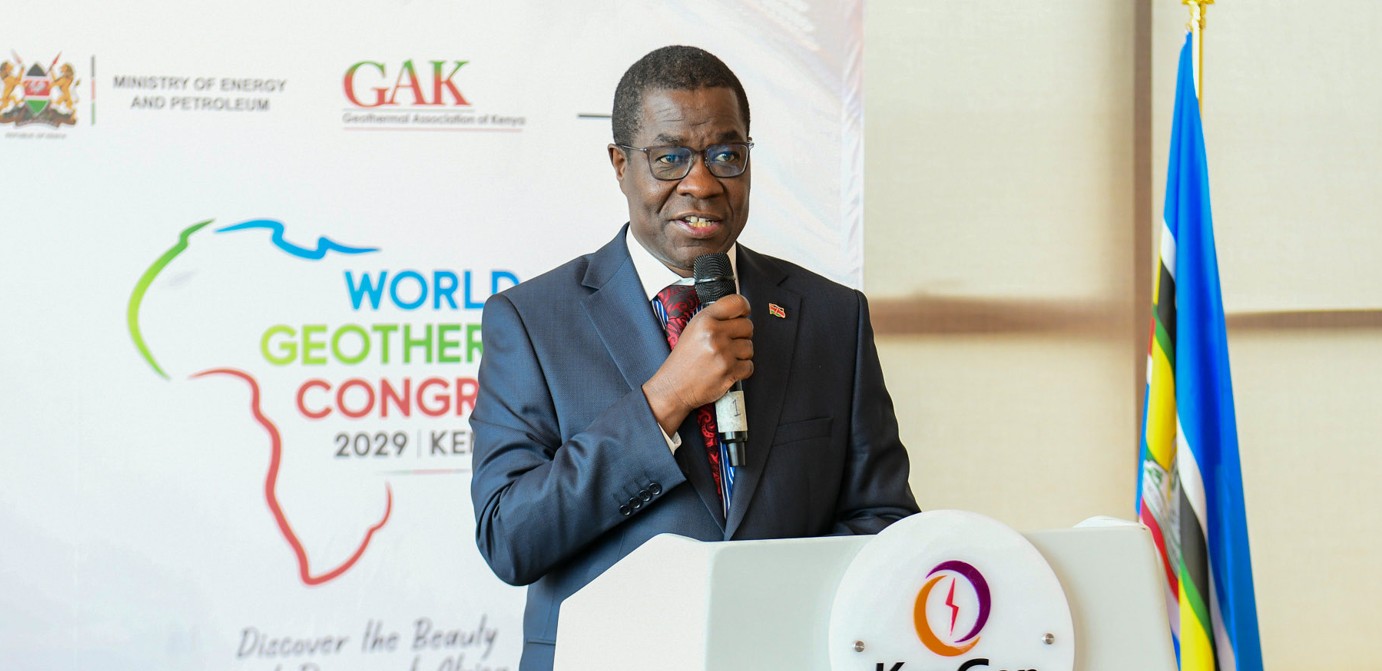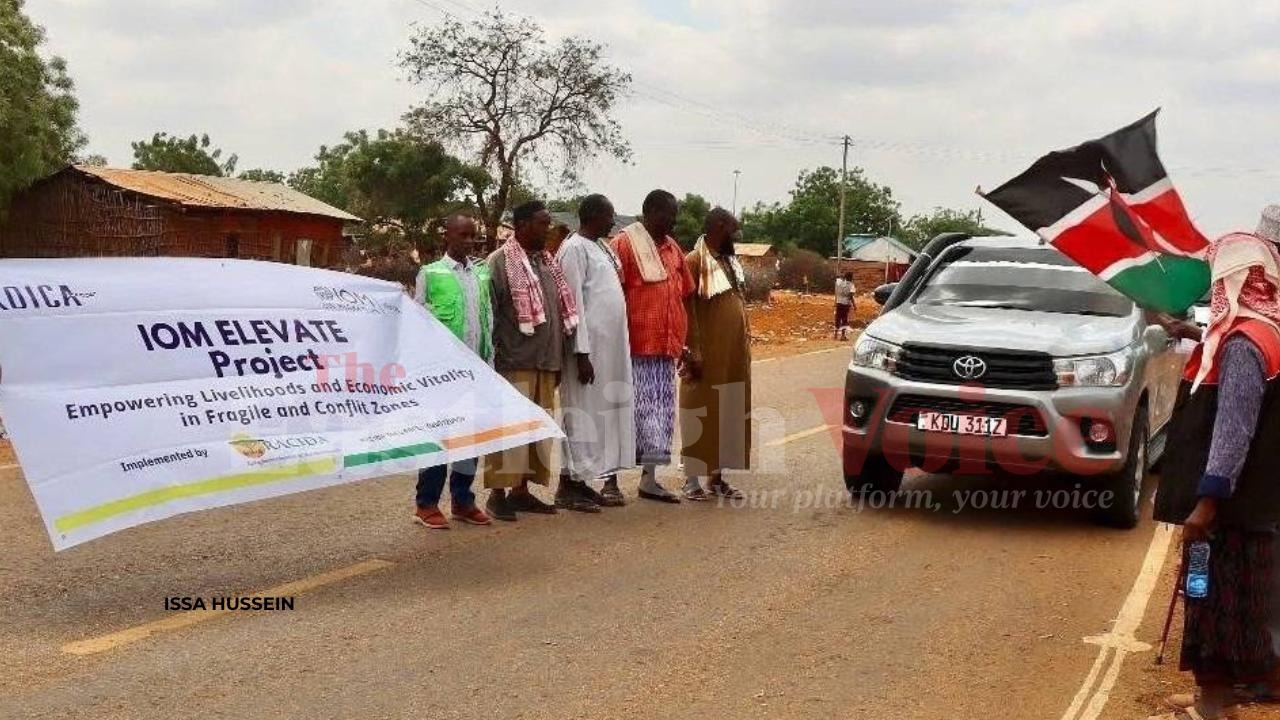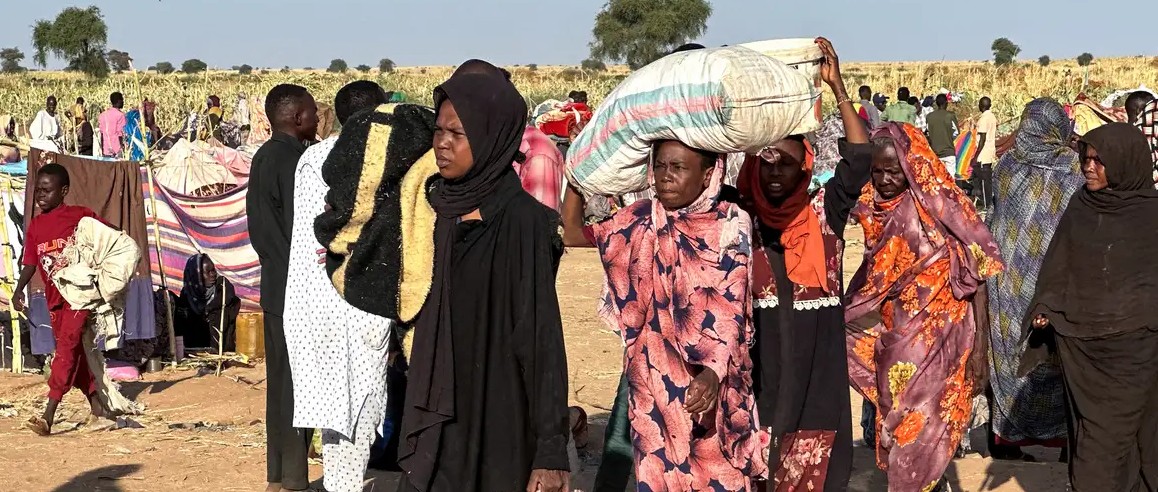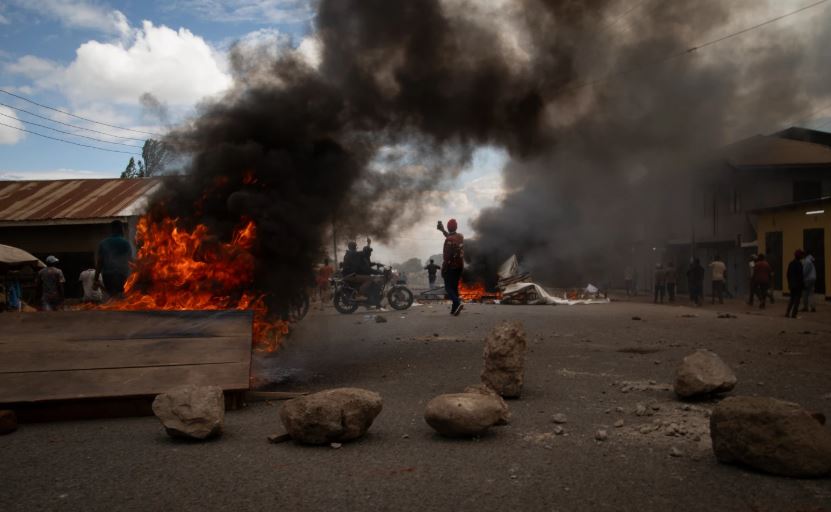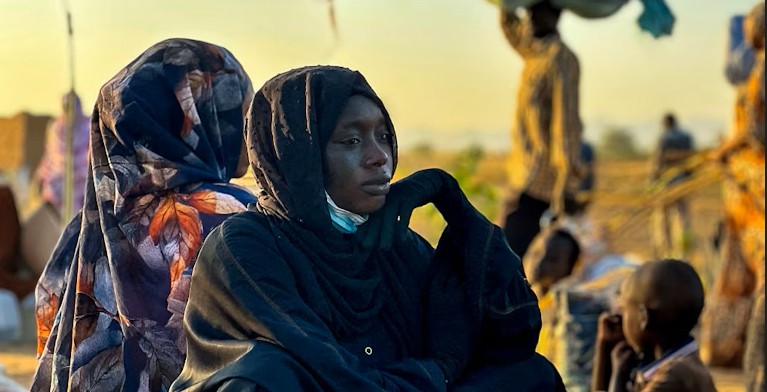Fact Check: Interior nominee Kindiki's false claim about Haiti mission funding
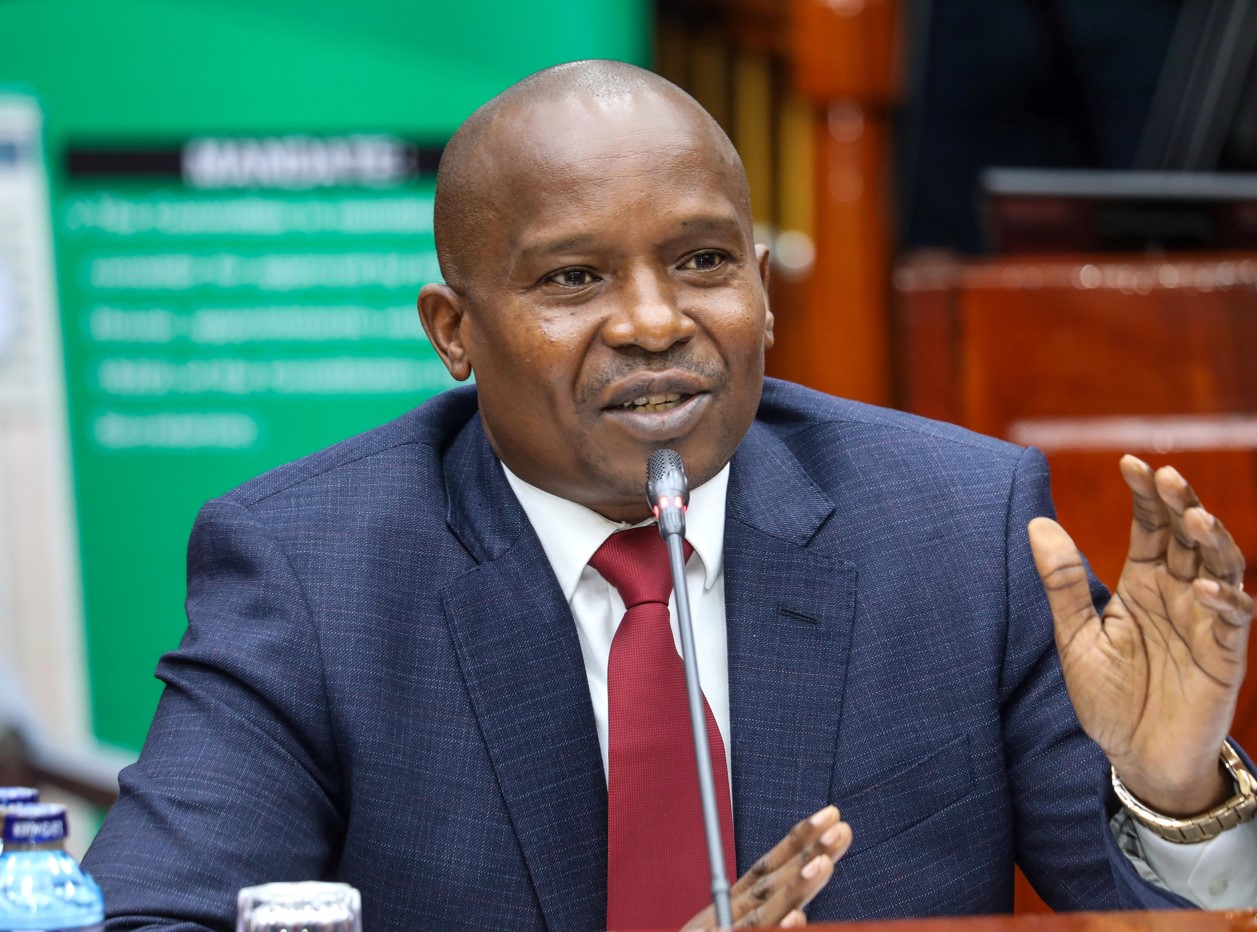
United States has been by far the main political and financial backer of the Multinational Security Support mission, pledging a total of Sh 38.8billion ($300 million) to support it.
Claim: Kithure Kindiki, a candidate for interior cabinet secretary in Kenya, asserted during his confirmation hearing that the United Nations is funding the Kenyan police mission to Haiti, covering expenses, insurance, and salaries for officers.
Verification:
More To Read
- Gender CS nominee Hanna Cheptumo says women killed in Airbnbs were after money
- Watch: MPs vet Gender, Culture and Arts CS nominee Hanna Cheptumo
- Public Service CS nominee Ruku proposes splitting of TSC powers to curb graft
- Nakhumicha rejects claims of Gachagua’s involvement in Sh3.7 billion KEMSA tender scandal
- National Assembly resumes sitting with focus on vetting of Ruto’s nominees, tax amendment bills
- President Ruto's cabinet nominees face MPs for vetting today
1. Statement from Kindiki: Kindiki stated, "Haiti is a United Nations mission, therefore our officers are covered, insured, and paid for by the United Nations."
2. Actual Funding Sources:
The mission is backed by the UN Security Council but is not funded by the United Nations.
The mission is primarily funded by voluntary contributions from like-minded countries, with the United States being the main contributor, raising $300 million (approximately Sh38 billion).
3. UN Involvement:
The United Nations Security Council approved the mission in 2023 for a one-year period, but member states and regional organizations will cover the costs voluntarily.
4. Operational Details:
Unlike UN-sanctioned missions with Blue Helmets, this mission does not feature such personnel, as it is an offensive mission with a mandate to dismantle gangs through peaceful or violent means.
Conclusion: Kindiki's claim is false. The United Nations does not fund the Haitian mission; it is financed by contributions from supporting nations, particularly the United States.
Detailed Explanation:
UN Approval vs. Funding
Approval: The UN Security Council granted legitimacy to the Multinational Security Support Mission to Haiti.
Funding: The operation costs are covered by voluntary contributions from individual member states, not by the UN directly.
Nature of the Mission
UN Peacekeeping: UN peacekeepers operate under principles like impartiality and non-use of force except in self-defense.
Haiti Mission: The Kenyan-led mission is an offensive mission authorized to dismantle gangs through various means.
This clarification highlights the distinction between UN approval and direct UN funding, emphasising the role of contributing countries in financing the mission.
Top Stories Today


